One critical decision healthcare providers and organizations often face pertains to buying or hiring medical equipment. Both options come with their unique advantages and challenges, and the choice depends on various factors, including budget, facility needs, and long-term planning.
In this comparison post, we will explore the pros and cons of buying or hiring medical equipment to help you make an informed decision that best suits your healthcare setting.
The Perks of Buying Your Own Equipment
Buying medical equipment may sound daunting, especially if your facility is operating on a budget, but it has extensive benefits. As a hospital, purchase options present you with independence and long-term planning.
Reasons why your hospital should consider buying equipment include:
- Long-Term Investment: When you buy medical equipment, you own a tangible asset that can serve your facility for years. The equipment becomes a valuable part of your inventory, contributing to your facility’s net worth.
- Control and Availability: You have full control over the equipment, allowing you to customize it, maintain it, and use it as needed. Availability is not dependent on rental agreements or external providers.
- Tax Benefits: Depending on your location and tax regulations, you may be eligible for tax incentives and depreciation deductions for capital equipment purchases.
- Long-Term Cost Savings: Over time, owning equipment can be more cost-effective than recurring rental fees. There are no ongoing expenses beyond maintenance and occasional repairs.
Disadvantages of Buying Medical Equipment
Although the long-term purchase options are viable for any health facility, there are notable disadvantages. Financial constraints are ever-present, coupled with accrued maintenance costs. Some of the drawbacks include:
- High Initial Costs: Purchasing medical equipment often requires a significant upfront investment, which may strain your budget. The costs can be more strained if the suppliers are dealing with expensive equipment.
- Maintenance and Repairs: Medical equipment requires continuous maintenance to ensure they are optimally stable. When you own equipment, you are responsible for the ongoing maintenance and repair costs, which can be unpredictable and costly.
- Technology Obsolescence: Medical technology evolves rapidly, and owning equipment means you might need to replace outdated devices to stay competitive. Pro Tip: It’s advisable to factor in the technological changes you’ll be required to update so as to factor in the costs.
- Limited Flexibility: Your facility might have to make do with outdated or underutilized equipment if budgets are tight. Getting rid of outdated tools may also prove difficult if your hospital doesn’t have the right protocols in place.
Why Hiring Medical Equipment Might Work
The hiring option may present the best chance your facility has to restock and equip medical equipment. Depending on the financial state and stability you have, hiring is always a good option. The advantages include:
- Cost Efficiency: Buying or hiring medical equipment ultimately depends on costs. Renting medical equipment typically involves lower initial costs, making it more budget-friendly. You can allocate resources to other critical aspects of your healthcare facility.
- Access to Latest Technology: Renting allows you to access cutting-edge equipment without committing to long-term ownership. You can access equipment that is technologically relevant and fit. Pro Tip: Always look for suppliers who deal with the most efficient and technologically updated equipment, to get the best deals for your facility and improve services.
- Reduced Maintenance Burden: Rental agreements often include maintenance and repair services, saving you time and resources. Buying equipment means you have the sole responsibility to ensure they are well maintained and functional throughout their operations.
- Flexibility: You can adapt your equipment inventory to changing patient needs without the constraints of ownership. The flexibility also allows you to access the most needed equipment at short notice.
Cons of Hiring Equipment
Despite the clear advantages, hiring also has disadvantages you should consider. Cons of hiring medical equipment include:
- Ongoing Costs: While monthly rental fees may seem manageable, they add up over time and may exceed the cost of purchasing in the long run. Your facility may hire critical equipment more than once, accruing leasing charges in the process.
- Lack of Ownership: If you’re looking at buying or renting medical equipment, the factor of ownership is vital. Ownership enables you to have sole rights over the tools at your disposal. You do not build equity by renting equipment, and you have no tangible asset to show for your expenditure.
- Limited Customization: Rented equipment may not be as customizable to your specific needs as purchased equipment. The option of adding customizations like facility name and logo isn’t viable.
- Dependency on Suppliers: One thing hiring leads to is dependence on suppliers, who avail the equipment you need. Reliance on external suppliers means you may face delays or shortages during high-demand periods.
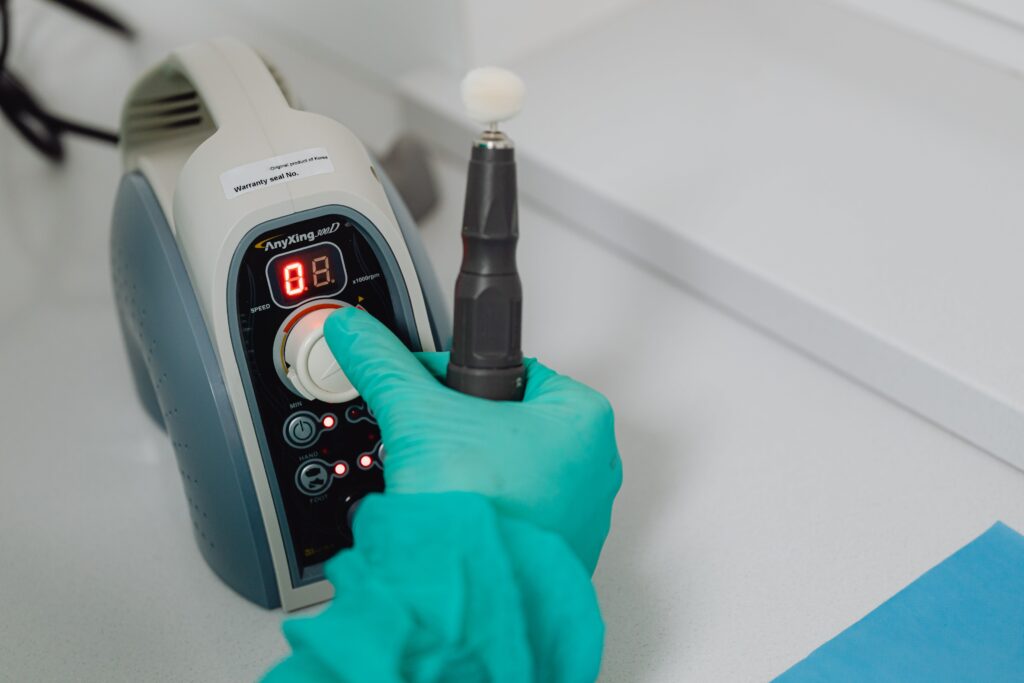
Factors to Consider Before Buying or Hiring Medical Equipment
1. Financial Considerations
Assess your budget and long-term financial goals to determine which option aligns best with your resources. As a facility, don’t overlook the financial reality and flexibility you have, so tailor your decision to match your money cache.
2. Equipment Purpose
Consider how long you anticipate needing the equipment. If you are using it for short-term needs, then leasing is a more practical option.
Long-term uses mean you’ll stay with the tools for a longer period, making purchasing a viable option.
3. Technology Advancement
Decisions involving buying or hiring medical equipment are influenced by technological demands. Evaluate whether the equipment you require is subject to rapid technological advancements. Renting may be more suitable for staying up-to-date.
4. Maintenance and Support
Analyze your facility’s capacity to handle maintenance and repairs. This also includes the facility’s budgetary flexibility when it comes to performing high-maintenance processes. Renting may alleviate the burden of continuous maintenance.
5. Scalability and Flexibility
Consider how easily you can adjust your equipment inventory to accommodate changing patient volumes or specialties. Scalability is essential for medical equipment because patient demands may overwhelm existing apparatus.
6. Regulatory and Compliance Requirements
Ensure that both purchased and rented equipment meet regulatory and compliance standards in your region. Regulatory standards should always be adhered to, especially in the medical sector.
Practical Examples of Buying and Hiring Choices
A small rural clinic with limited funds chooses to hire specialized diagnostic equipment due to budget constraints and occasional patient needs.
A large urban hospital opts to purchase critical care equipment like ventilators and defibrillators for long-term use and control over customization.
A mobile healthcare provider regularly rents portable ultrasound machines to maintain a modern, lightweight fleet that doesn’t require extensive maintenance.
Making the Decision Between Buying or Hiring Medical Equipment
1. Conduct a Cost-Benefit Analysis
Conduct a detailed cost-benefit analysis based on your specific circumstances and goals. Buying or hiring medical equipment is a decision that will affect your operational costs in the long run, therefore, an analysis is essential.
2. Consult Widely
Seek operational input from financial advisors, equipment specialists, and industry peers to gain insights into your decision.
3. Survey Hybrid Approaches
Explore hybrid solutions where you buy certain essential equipment while renting specialized or occasional-use items. Remember that you aren’t restricted to a rigid buying or hiring medical equipment model.
Conclusion
The decision pertaining to buying or hiring medical equipment is a critical one that should align with your healthcare facility’s goals, budget, and operational needs. While both options have their advantages and drawbacks, a well-informed choice can influence patient care.
It can also ensure financial stability, and maintain your facility’s competitiveness in the ever-evolving healthcare landscape. Careful consideration of factors such as financial resources, equipment lifespan, technology advancements, and maintenance requirements will guide you toward making the best decision for your specific situation.


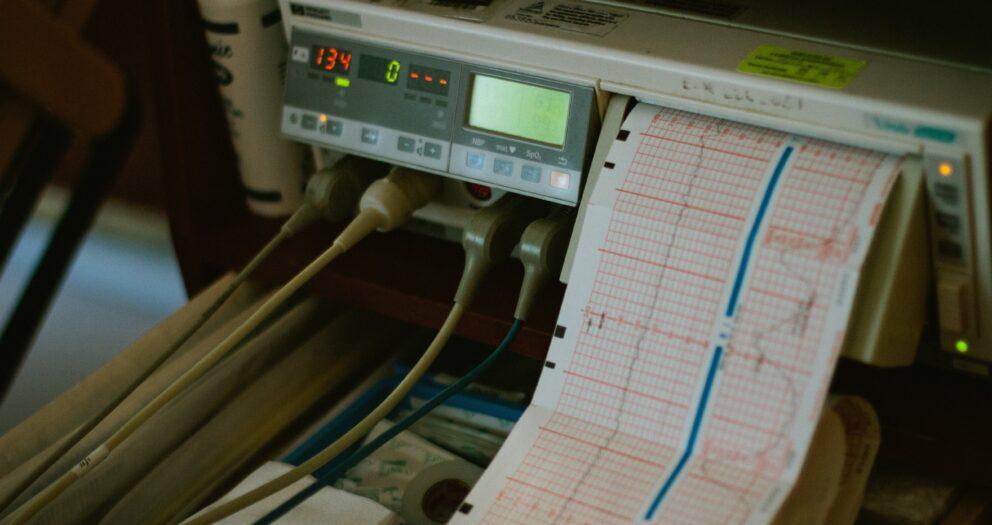
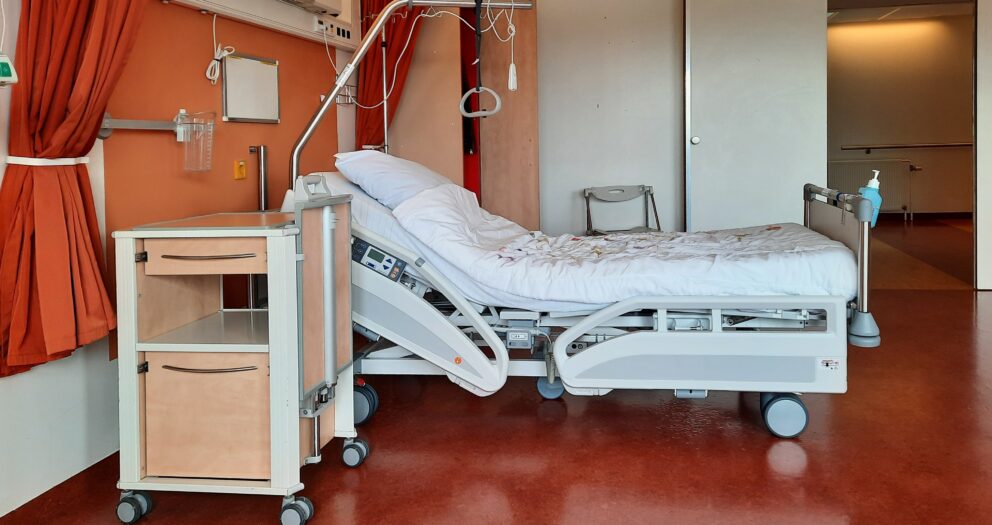
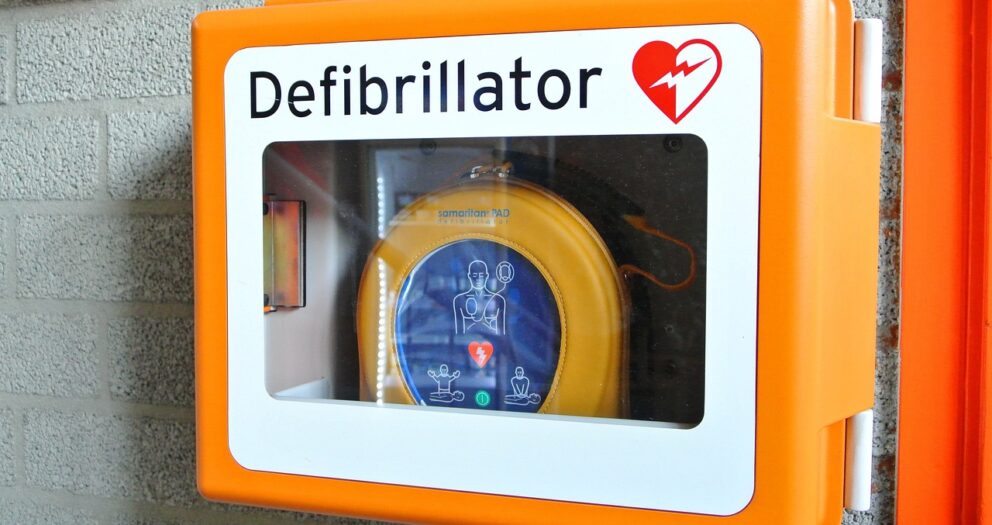
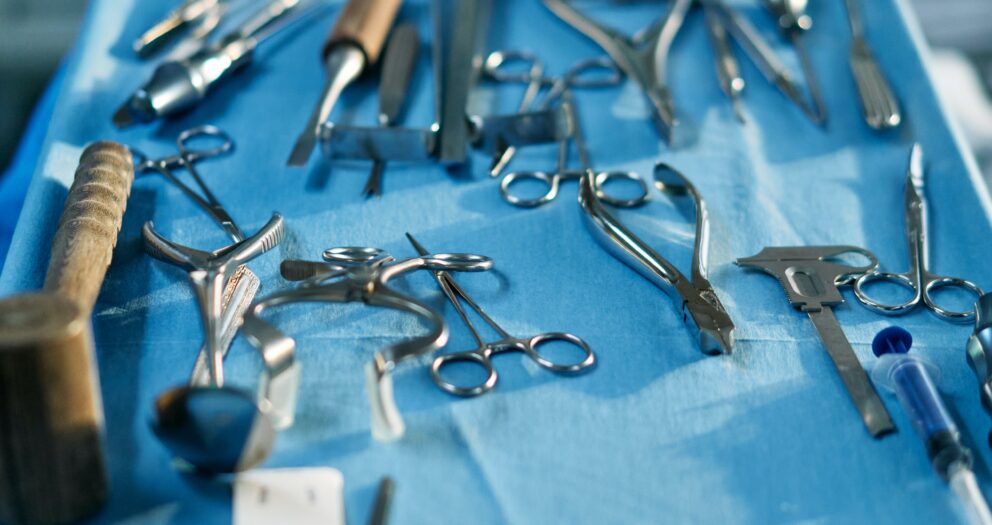

Write a comment
Your email address will not be published. All fields are required